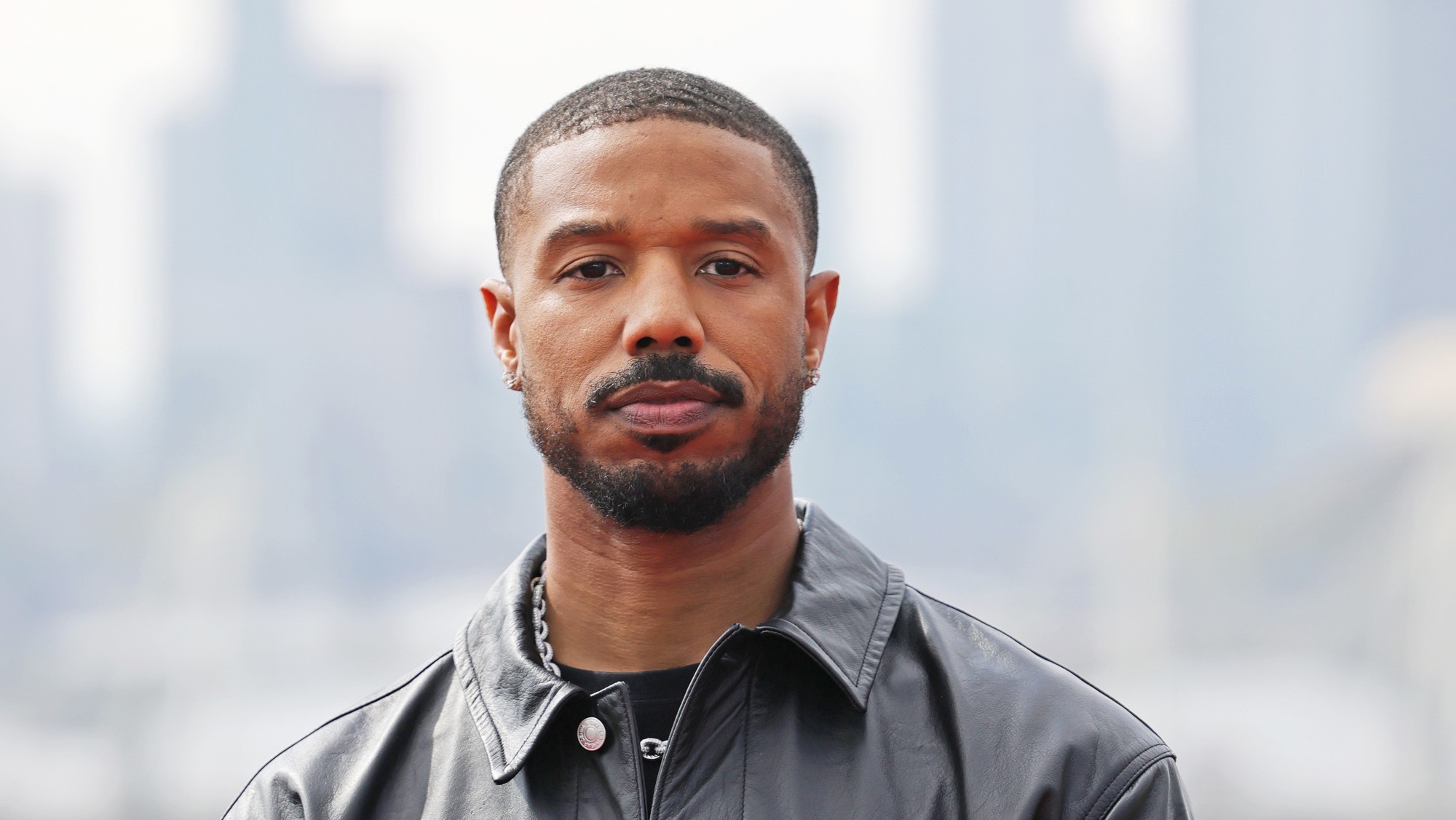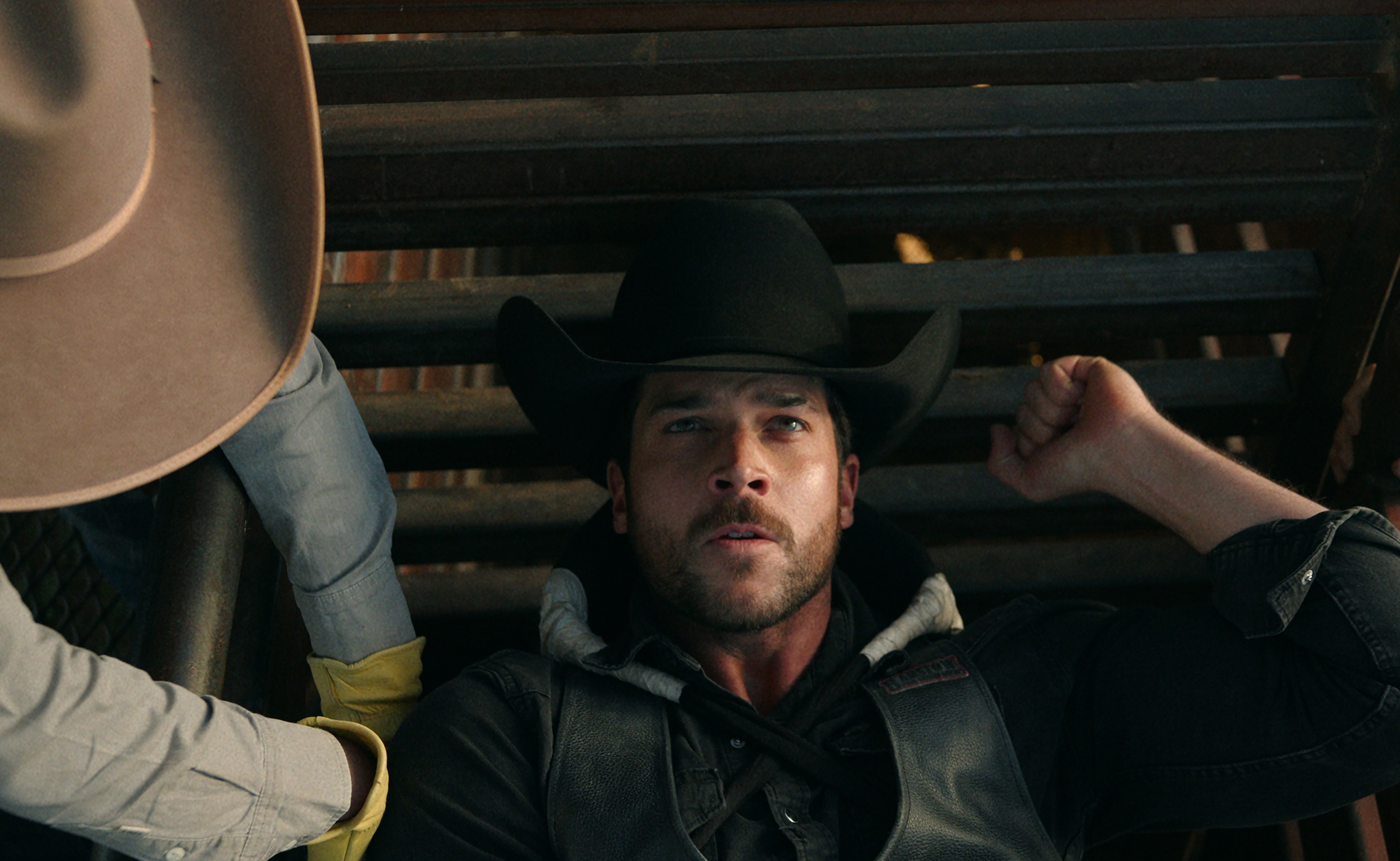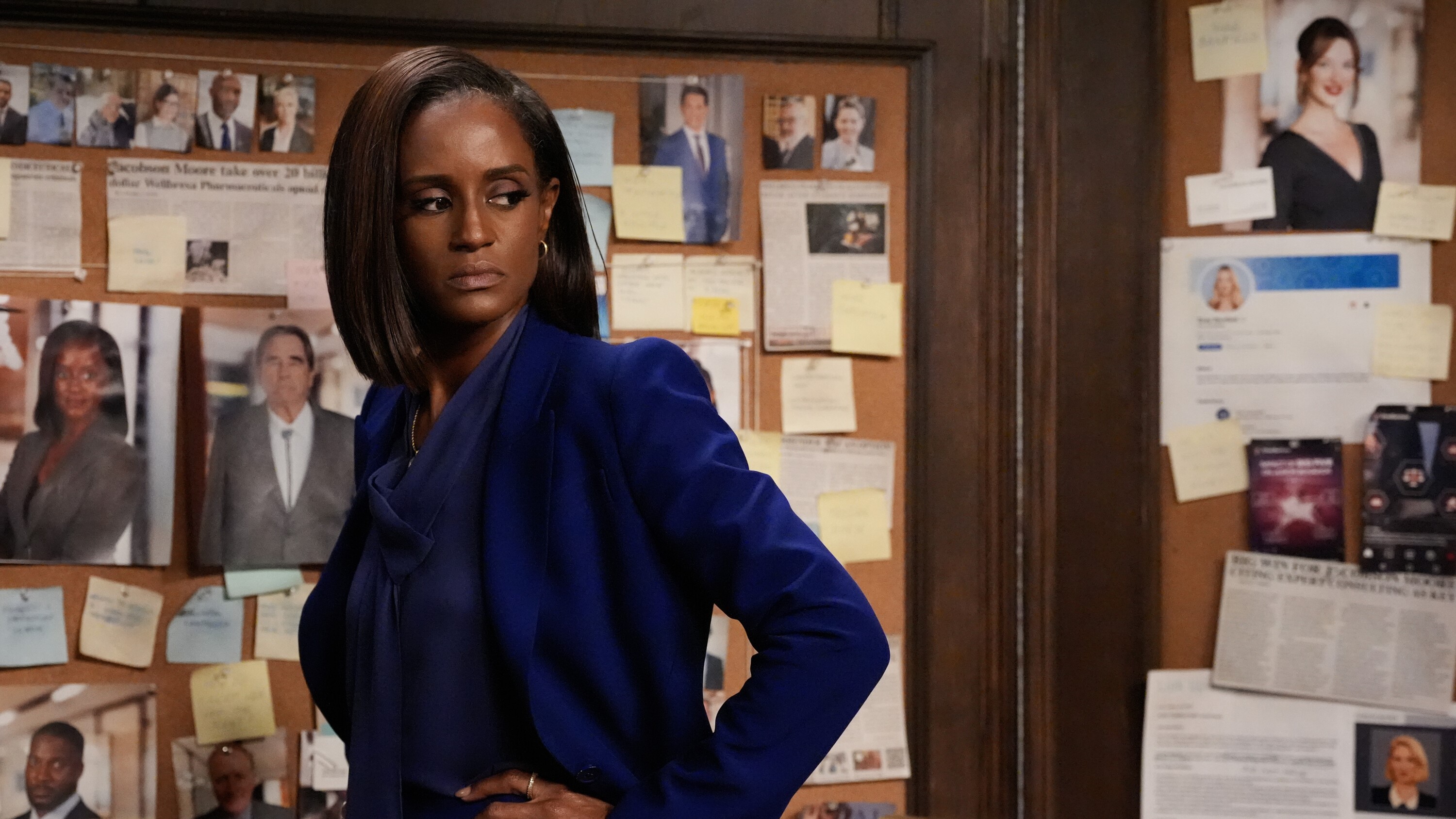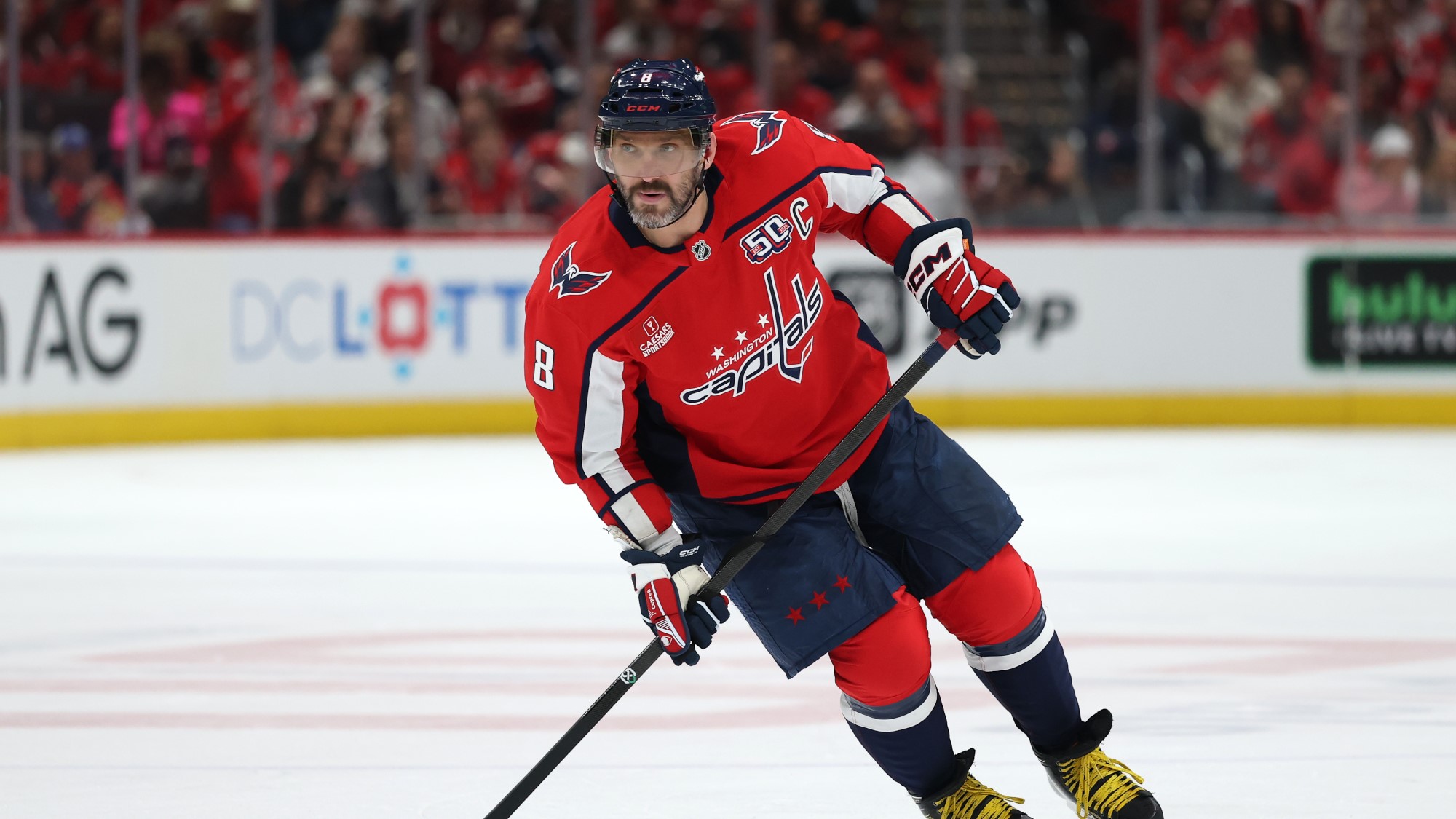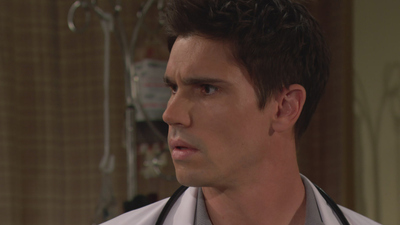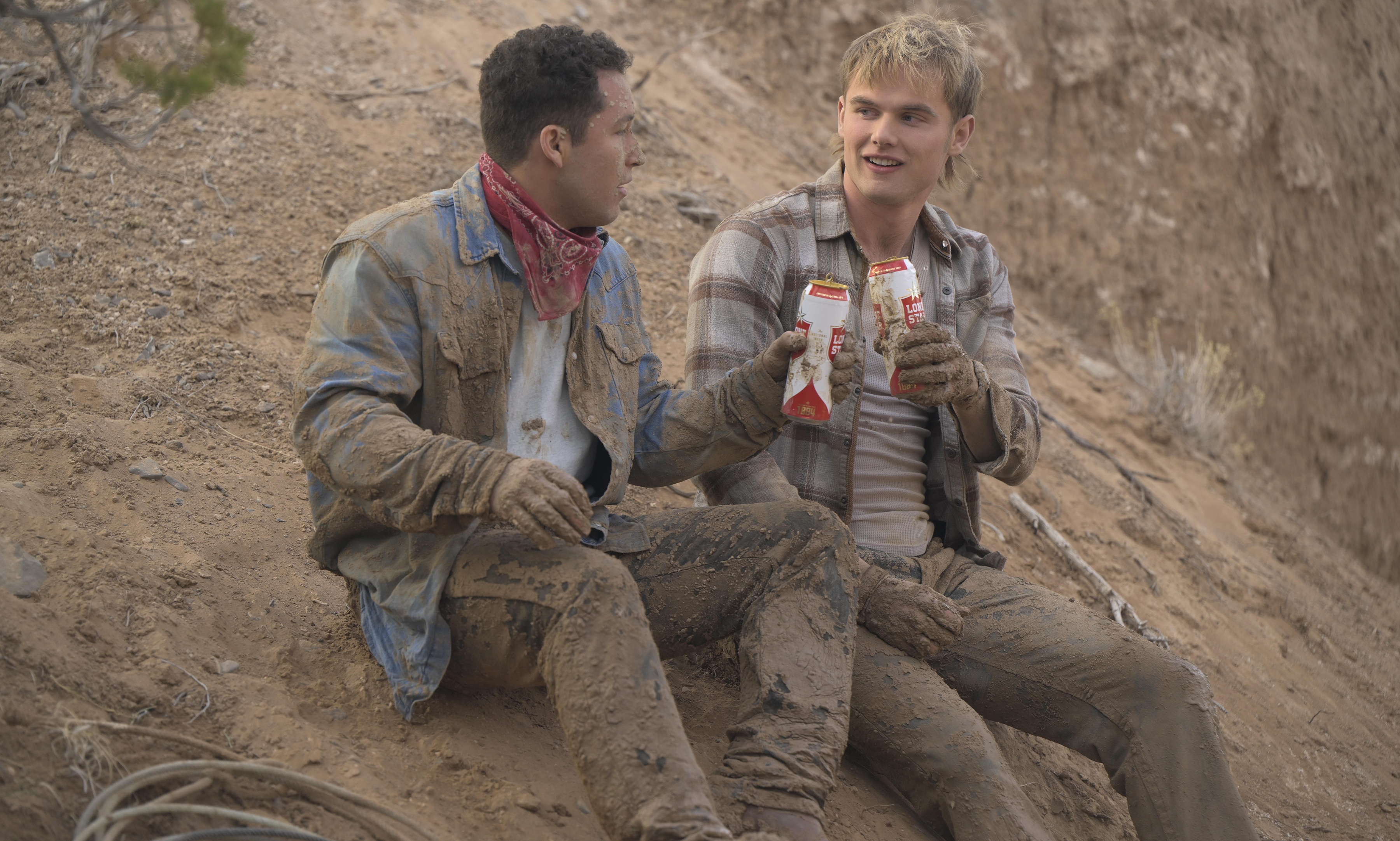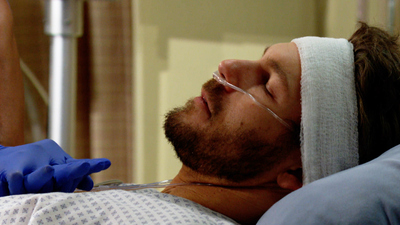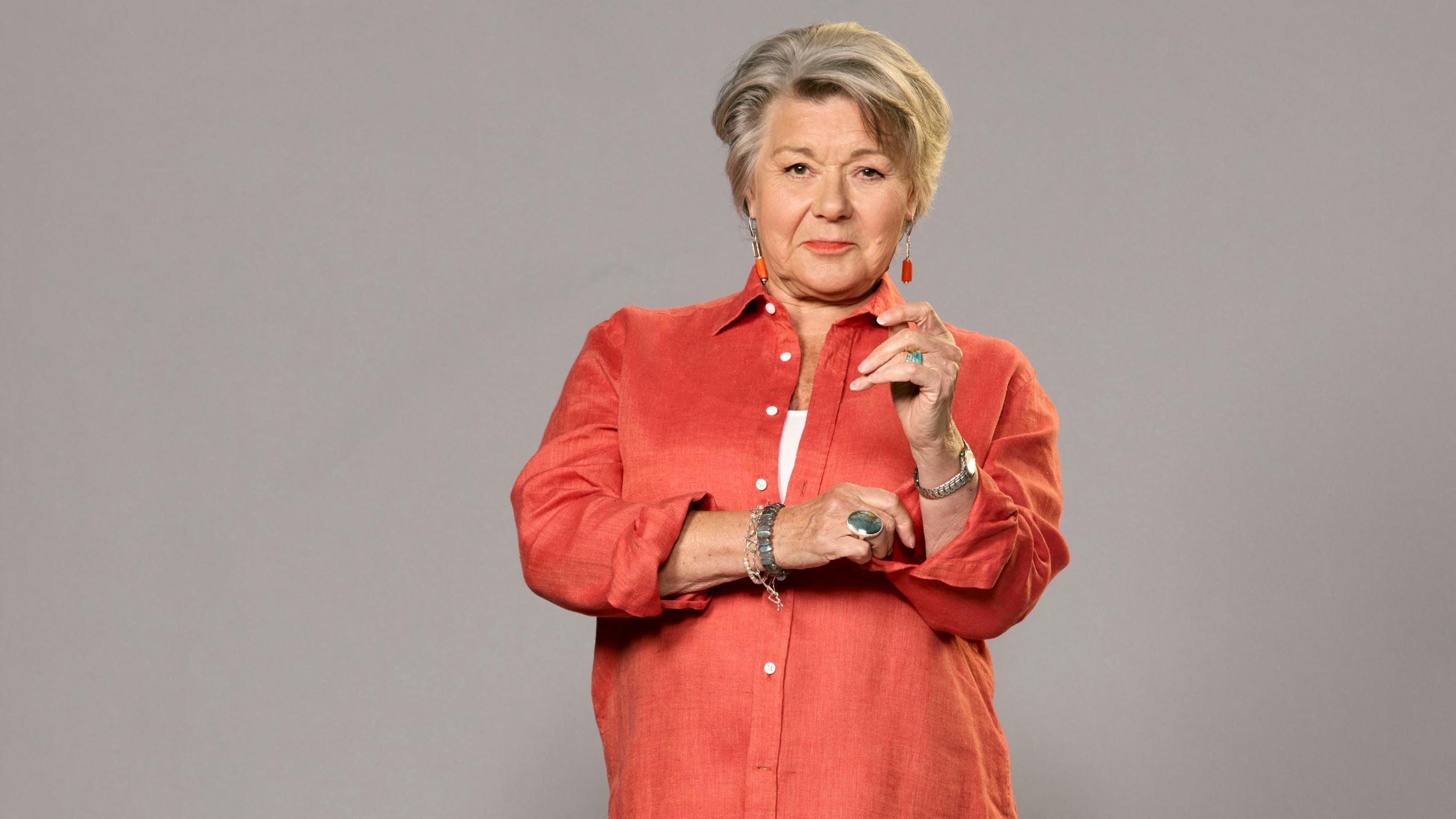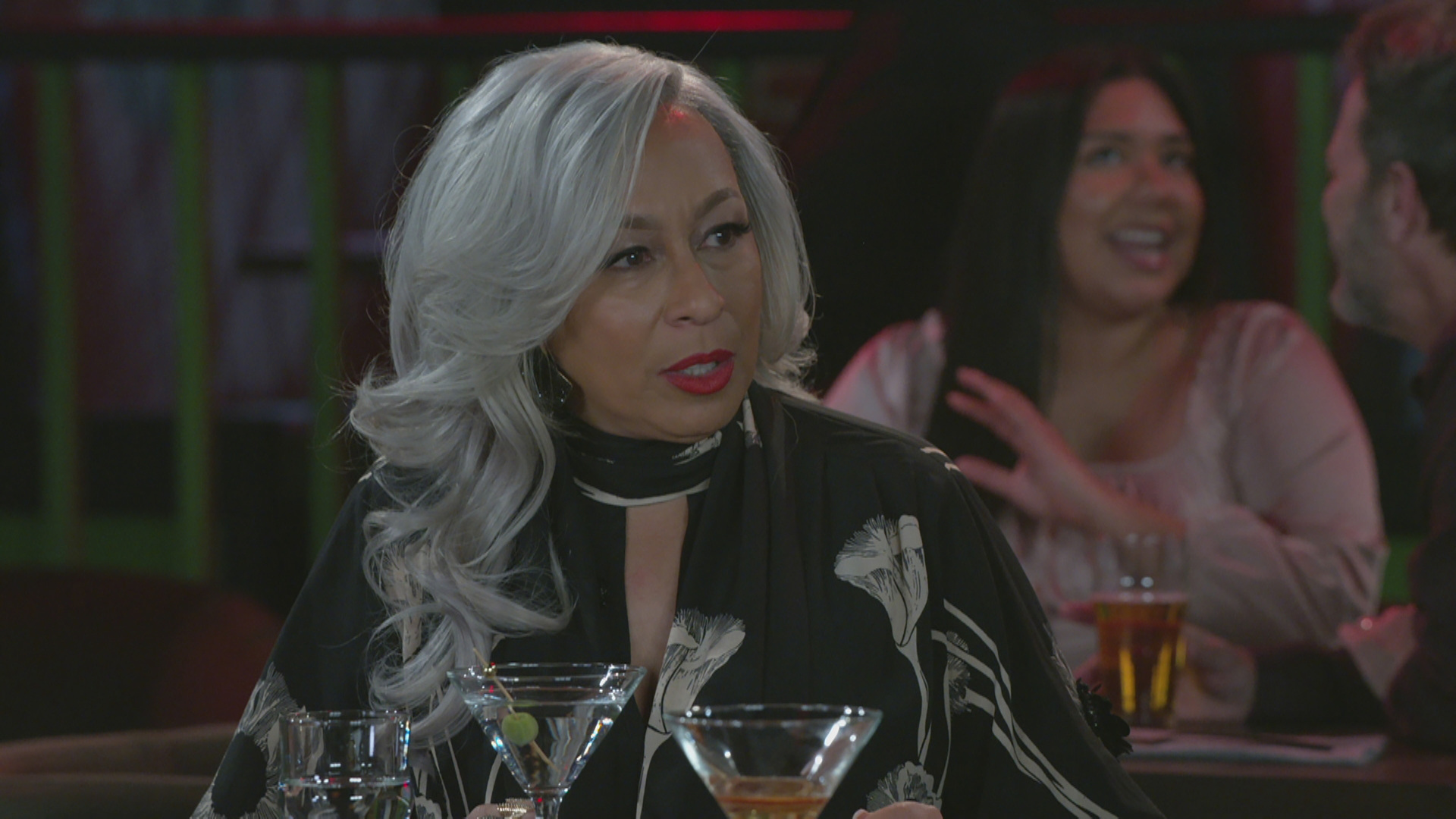Why The Stand is Stephen King’s masterpiece
With a new CBS miniseries adaptation on the way, now's the best time to revisit Stephen King's magnum opus, The Stand.
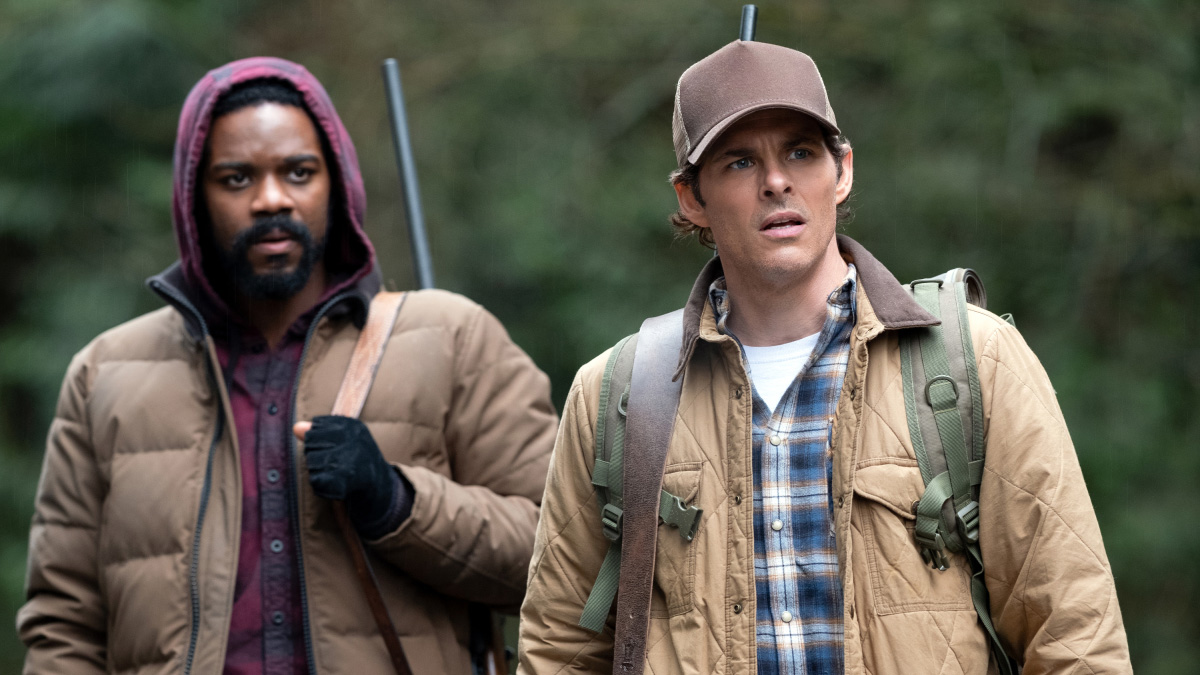
The legacy of one Stephen Edwin King has never been in doubt for readers around the world. The author has sold more than 350 million books, comprised of 61 novels, five non-fiction books, around 200 hundred short stories, a handful of screenplays, and even a musical. He is the master of late 20th and early 21st-century American horror, the multi-award-winning writer who redefined chilling for generations of avid readers. Even if you have somehow managed to get through life without reading a single one of his works, the chances are you're still deeply familiar with his twisted creations. Any writer would be thrilled to have just one of his legendary novels to their name, so it's all the more astounding to remember that one man gave us Carrie, 'Salem's Lot, It, The Shining, The Dead Zone, The Dark Tower saga, Misery, and much much more.
This December, CBS All Access will premiere its miniseries adaptation of The Stand, King's epic 1990 apocalyptic fantasy. While the novel was previously adapted by ABC in 1994 and received a comic book adaptation courtesy of Riverdale's Roberto Aguirre-Sacasa, it's never received the big or small-screen treatment it properly deserves. This latest take comes with lofty ambitions and a murderer's row of talent both in front of and behind the camera. The story, which takes place over a staggering 1100 pages, is a grandiose tale of good versus evil set to the backdrop of an America ravaged by a pandemic that wiped out almost the entire planet's population. The remaining survivors find themselves torn between factions, a new social system, and the allure of a charismatic dark man known as Randall Flagg. For King fans, this is a long time coming because The Stand isn't just one of the author's finest works; it's one of the all-time great speculative novels. In 2003, the BBC listed it as one of the 100 all-time must-read books, smack bang in-between Of Mice and Men and Anna Karenina. In 2008, a Harris Poll named the novel as the fifth-favorite book of all time of American readers, four spots below the Bible. There's plenty of competition for the title among his vast bibliography, but there's a reason that The Stand remains Stephen King's masterpiece.
Initially, The Stand was King's fourth novel, published directly after The Shining. At that point in the 1970s, King was on an astounding streak as a writer and burgeoning literary celebrity. 1974's Carrie had made him a star, and 'Salem's Lot cemented his reputation as a horror maestro with a bright future ahead of him. Originally, King has intended to write a book about kidnapped heiress Patty Hearst but found it hard to crack the material. Around this time, he read a news story about the Dogway sheep incident in 1968, wherein over six thousand animals were killed on ranches around the Dugway Proving Ground in Utah. That incident led to a ban on all open-air chemical weapons testing, and reignited Americans' fears of airborne threats and our inability to tackle them. King wanted to write his own epic in the grand tradition of The Lord of the Rings, and he found his subject with this looming threat, one that depressingly has never stopped being relevant. After turning in his draft to his publishers, his editors at Doubleday asked him to cut the book down since a 1,152-page hardback doorstop would be too expensive to make it to shelves. King painstakingly dissected around 400 pages of content, and the 1978 edition of The Stand became a more respectable 823 pages. It wouldn't be until 1990 that readers would get to read the complete and uncut story as the author had intended. It's still King's longest novel alongside It.
King’s talent as a writer lies in his ability to tap into the most primal and oft-overlooked fears of humanity. The killer clowns and axe-wielding maniacs may be what springs to mind when you think of his work but what lingers are his deftly created humans and what makes them tick. Fundamentally, King is a writer interested in ordinary people living typically mundane lives who find themselves descending into turmoil, be it driven by their own trauma or their responses to actions out of their control. His greatest characters aren't supermen or wildly gifted heroes waiting for their moment to shine. They're relatable figures with rich internal lives who would typically be one-page bystanders in the books of other authors.
In The Stand, these individuals take various forms, each of them painfully familiar to us, the reader: There's Stuart "Stu" Redman, a stoic everyman well-suited for leadership, even though he doesn’t crave the power or control such a position comes with; Glen Bateman, a retired professor prone to philosophizing and cynicism but with a cheery streak that’s gifted him with a serious bullsh*t meter; Nadine Cross, a teacher dealing with the conflicted emotions over her realization that she may be fated to surrender to the devil himself; and pregnant student Frannie Goldsmith, a woman desperately trying to hold herself and her moral compass together in the face of impossible strife. So much of the novel, as with much of King’s work, is spent inside these people’s heads. Everyone gets a fully realized life, even if they never say a word to another character. Even the dog gets this treatment! King understands that even something as terrifying as the end of the world and a demonic apocalypse will mean nothing if the reader doesn't care about the people involved. Over 1,200+ pages, each member of this sprawling ensemble feels palpably real, even the devil himself, and the stakes feel impossibly high because of that.
There are plenty of stories about how humanity deals with the apocalypse. King certainly wasn’t the first to write about it. What makes The Stand so unique is the sheer agonizing detail it goes into in order to convey just how the most normal individuals cope under extraordinary circumstances. Some strive to maintain order and decency while others enjoy the amoral free-for-fall or are tempted down the dark path by Randall Flagg, one of King’s most terrifying creations. We all like to believe that, even if the world should end tomorrow, we'd do the right thing, but King shows the ways that good intentions slide into bleak cruelty. Sometimes, one is able to free themselves from their previous life, but all too often, the circumstances of our past dictate our every move, even when everything around us has crumbled to ashes.
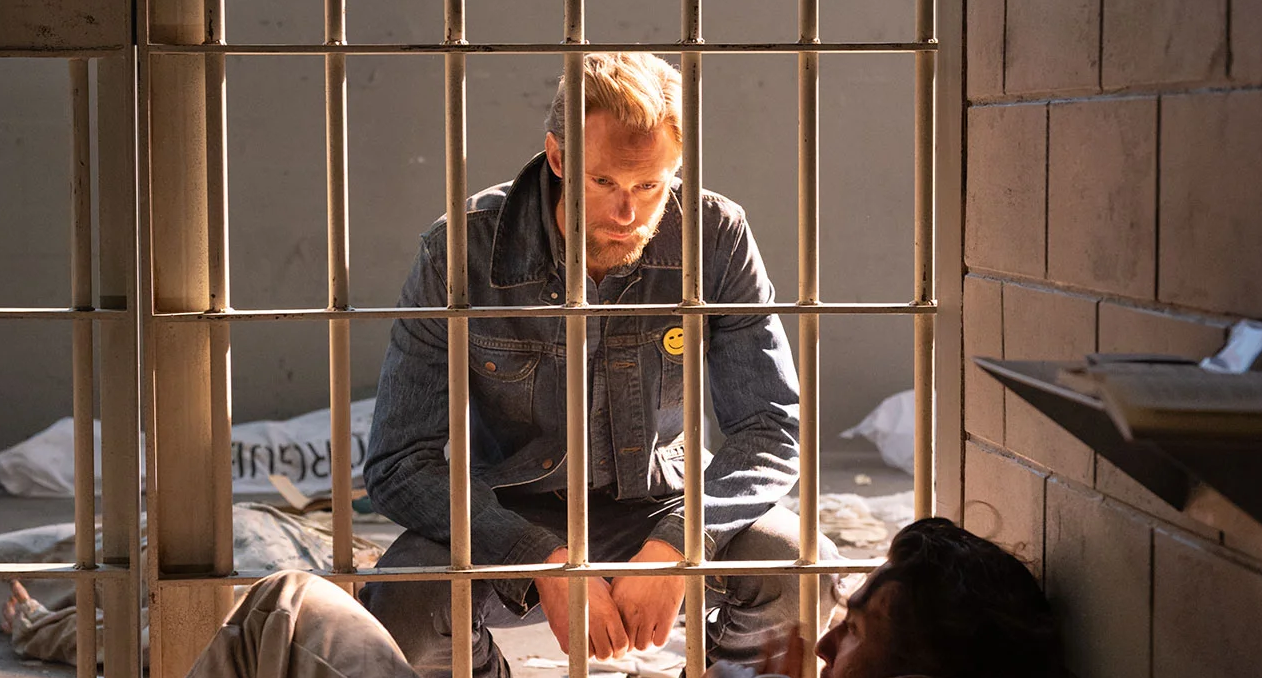
That extends to the novel's climax and the ultimate moral of the story. Bad things happen and they'll keep happening because, as centuries of history have shown us, humanity will never learn its lesson. Even when left with utter decimation and the chance to begin afresh, we rely on old methods, tried and true until they turn toxic. People will always start factions and try to control the populace or go to war with one another over the pettiest of grievances. It takes nothing for one man, satanic or otherwise, to stoke those fires. At the end of the book, Stu notes that 'all any of us can buy is time', because he's painfully aware that the cycle will begin again. And yet he, and the reader by extension, cling to the possibility of peace, even for a day, even if it takes killing off 99% of the planet. King has never been one to avoid total downer endings, but even by his standards, the fascinating balance of hope and realism he teases out with The Stand is unique.
Get the What to Watch Newsletter
The latest updates, reviews and unmissable series to watch and more!
King’s weaknesses as a writer are well-noted. He’s candidly discussed his habit of writing way too much and struggling to cut out the bloat. He’s also, to put it bluntly, often terrible when it comes to writing about race. Mother Abagail, the leader of the "good" survivors and prophet of God, is a classic example of the Magical Negro trope, a wise Black figure of mystical abilities who exists primarily, if not solely, to aid the white protagonists. One scene involves a so-called "black junta", a group of infected Black soldiers who stage a televised execution of their white comrades. The end of the uncut edition sees Randall Flagg being worshipped by a group of dark-skinned indigenous people, signaling a new potential route to the end-times. The N word is used a lot in the book, usually as a sign of a character's ignorance but the endless repetition of the word quickly feels more than unnerving to the reader. As author Nnedi Okorafor noted in a 2004 piece for Dark Horizons, these stereotypes are plentiful across King’s work. He seems to favor writing Black characters either as mystical, near unhuman guides to white people or as Others who speak entirely in caricature. As she explained, "The archetype of the Magical Negro has power in its powerlessness and it is not a positive type, leading to stereotypes, negative assumptions, and limited characterizations of black people in King's work."
CBS has a mountain to climb to ensure The Stand miniseries lives up to its startling source material. King remains prolific and celebrated, but The Stand, for all its faults and poorly aged elements, will forever be a momentous achievement.
Kayleigh is a pop culture writer and critic based in Dundee, Scotland. Her work can be found on Pajiba, IGN, Uproxx, RogerEbert.com, SlashFilm, and WhatToWatch, among other places. She's also the creator of the newsletter The Gossip Reading Club.


